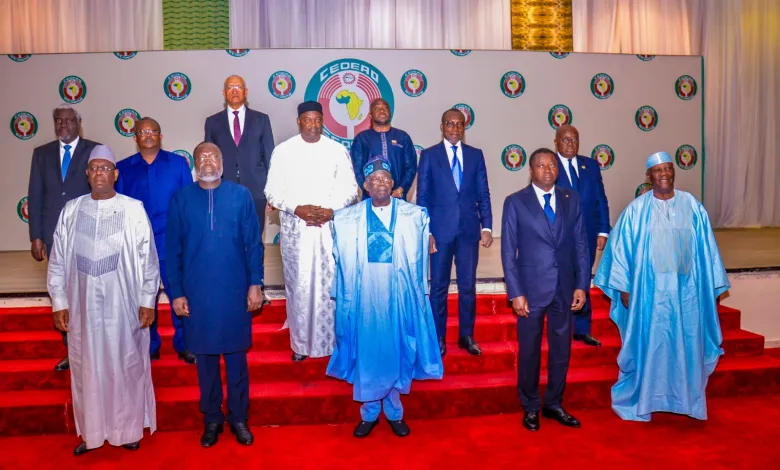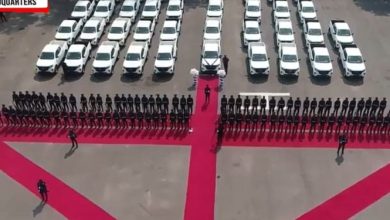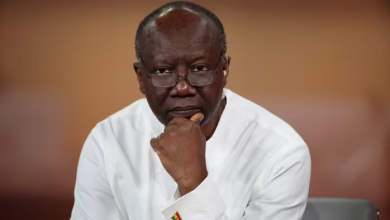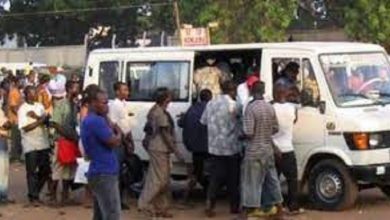ECOWAS activates standby force for possible Niger intervention

The Economic Community of West African States (ECOWAS) on Thursday ordered the activation of a standby force for possible use against the junta that took power in Niger in July, saying it wanted a peaceful restoration of democracy but all options including force were on the table.
The threat of an invasion, though not specific, will keep tensions high in and around Niger, a uranium producer which until the coup was an important ally of the West in the fight against Islamist insurgents devastating the Sahel region.
The junta had defied a 6 August deadline to stand down set by ECOWAS, instead closing Niger’s airspace and vowing to defend the country against any foreign attack.
After a summit of its heads of state in the Nigerian capital, Abuja, the bloc pledged to enforce sanctions, travel bans and asset freezes on those preventing the return to power of the democratically elected president Mohamed Bazoum.
“No option is taken off the table, including the use of force as a last resort,” said President Bola Tinubu of Nigeria, the ECOWAS chair.
“I hope that through our collective effort we can bring about a peaceful resolution as a roadmap to restoring stability and democracy in Niger,” he said.
“All is not lost yet,” Tinubu added.
An official communiqué was read out which included a resolution asking the bloc’s defence chiefs to “activate the ECOWAS Standby Force with all its elements immediately”.
Another resolution spoke of ordering “the deployment of the ECOWAS Standby Force to restore constitutional order in the Republic of Niger”, immediately followed by another that spoke of restoring such order “through peaceful means”.
Security analysts say a regional force could take weeks or longer to assemble, potentially leaving room for negotiations.
The ECOWAS statement did not spell out how the force would be funded, which countries would participate or how many troops and what hardware they could contribute.
“There’s probably still a lot that has not been agreed to, such as timeline and red lines and what to do in contingency situations if things continue to go sour,” said Aneliese Bernard, director of the consultancy Strategic Stabilization Advisors.
“Act or risk more coups”
Meanwhile, a development and international relations analyst, Professor Lord Mawuko Yevugah has said the West African bloc must step up efforts in consolidating democracy in the region or risk experiencing more coups.
“ECOWAS needs to be more proactive in terms of political situation in the region,” he said on the Asaase Breakfast Show on Thursday (10 August).
“If you look at what is happening in Niger, it’s a symptom of the broader issue of backsliding of democracy in Africa and West Africa.
Consolidate
“And therefore, we need to address the root causes of the problem. We shouldn’t wait for them to degenerate before we take a reactive position, what is ECOWAS doing to consolidate democracy in the region?” he asked.
Yevugah added: “Elections are manipulated, institutions are abused, there is a general lack of development, so the environment is created for some of these things to happen.
“So, I think ECOWAS must do more. If they don’t do that we are going to see more examples of what has happened in Niger, Mali and Burkina Faso.”




